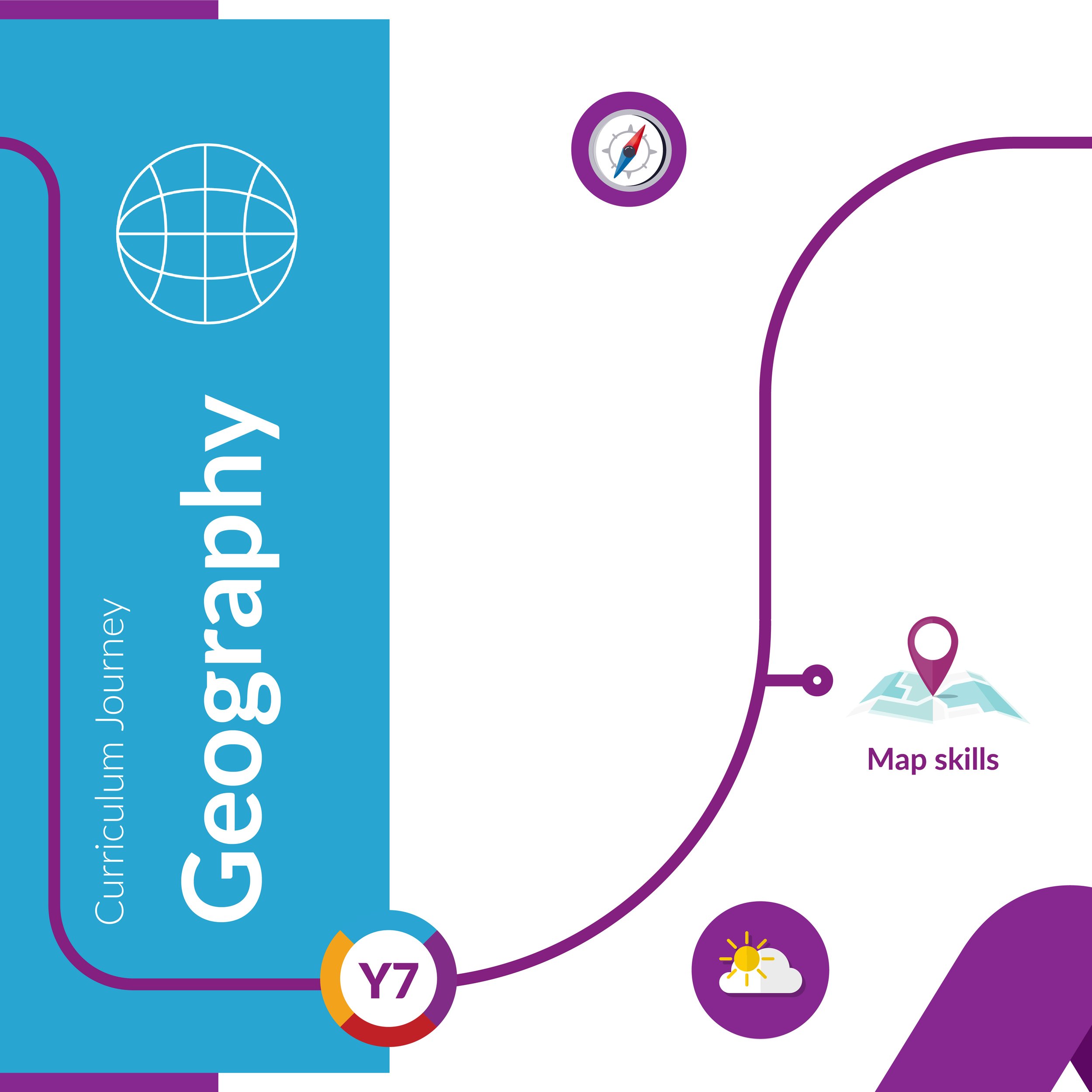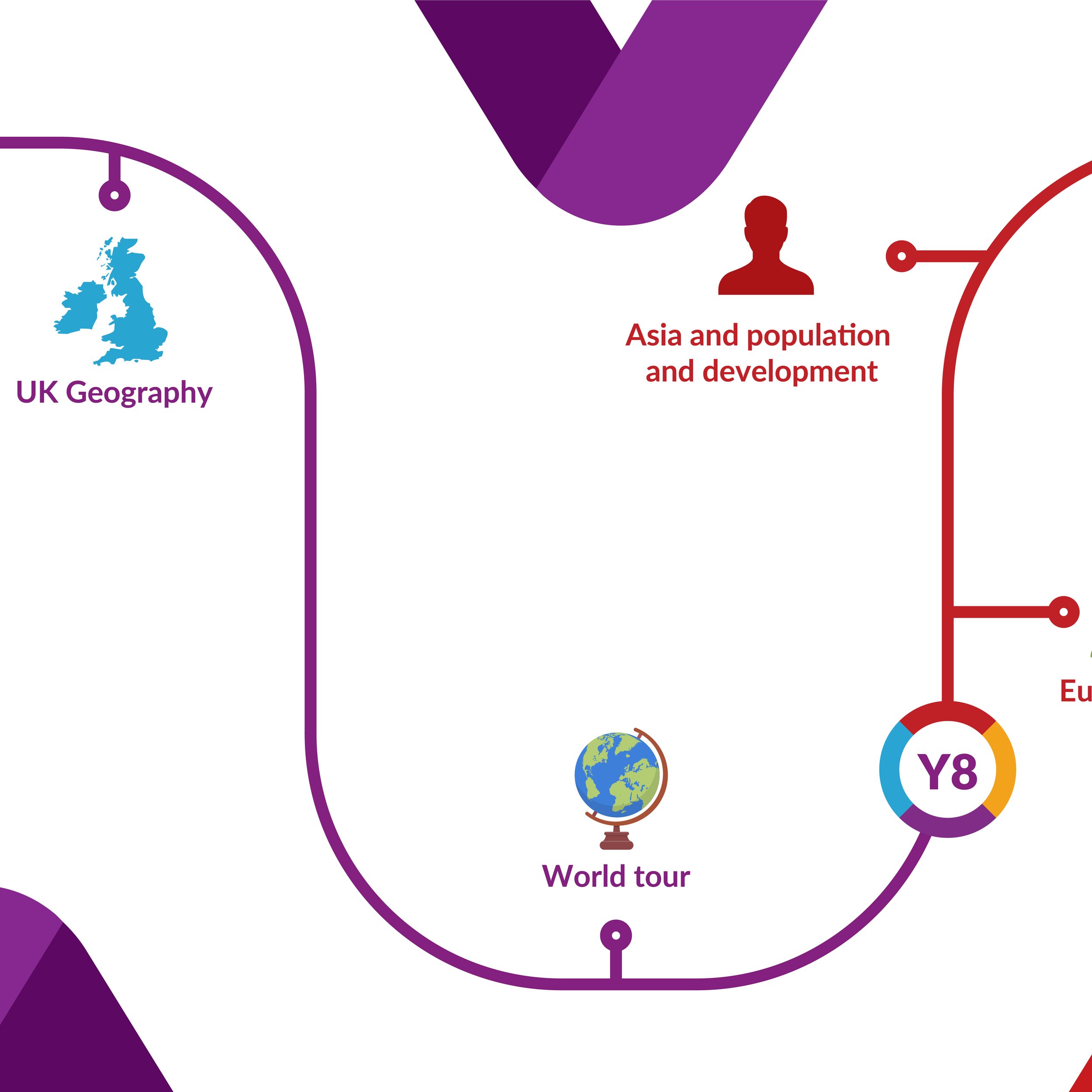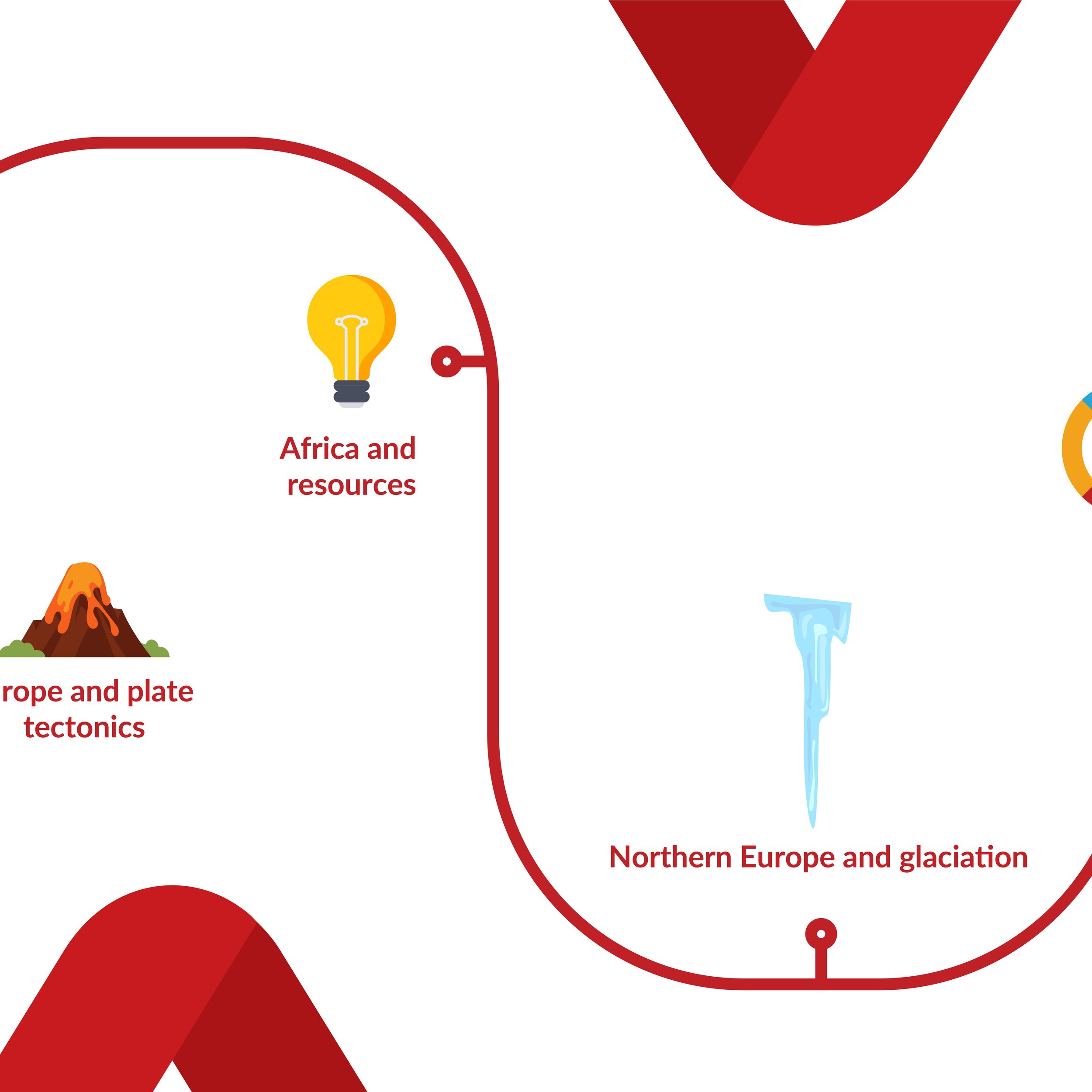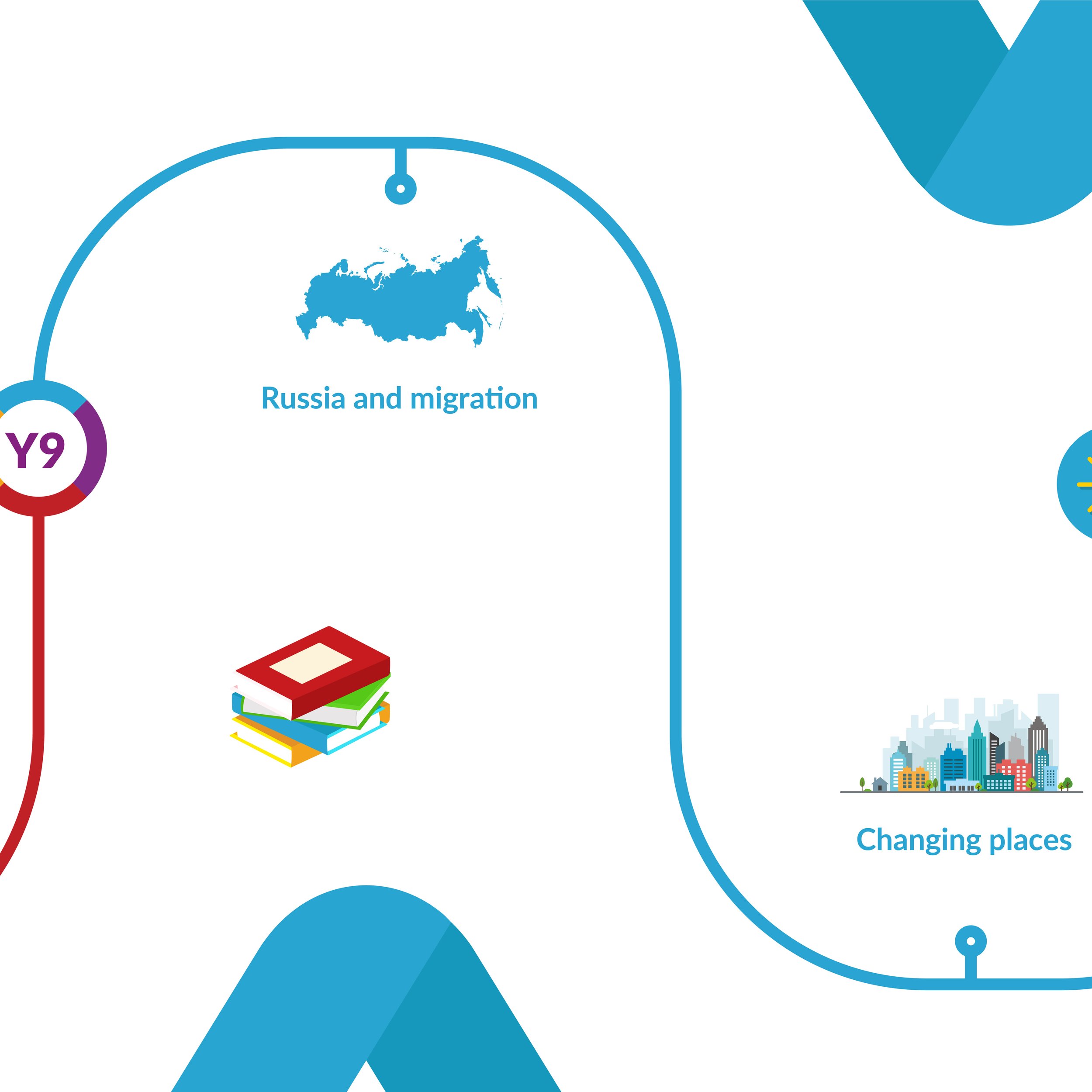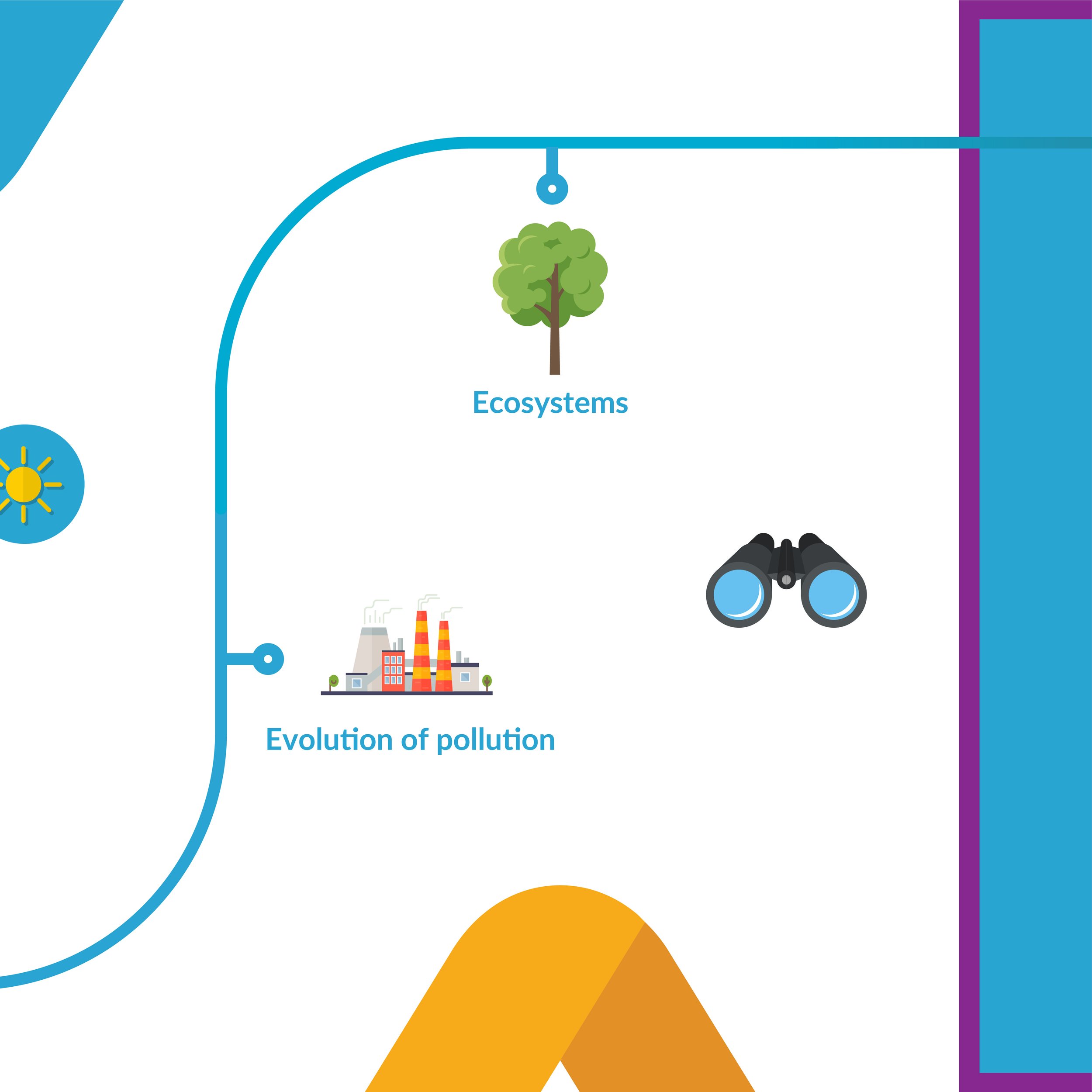
Geography
Year 9
Topic 1
Russia and Migration
-
Topics covered in this unit:
Russia’s climate and the natural landscape.
Culture and history of Russia.
Russia’s impact on the environment, including a study of Chernobyl.
Contemporary political issues with Russia.
Migration, using Russia as an example.
Tourism, using Russia as an example.
Russia’s future ambitions.
-
The ideas pupils will understand and the words they will be able to use:
Biome – A large scale ecosystem.
Climate – Long term average patterns of precipitation and temperature.
Distribution – The spread of something or the pattern that it makes.
Migration – The movement of people from place to place.
Pull factor – Reasons why people move to a place.
Push factor – Reasons why people leave a place.
-
All lesson resources are posted in FILES-CLASS MATERIALS on your child’s geography team.
Weekly homework is posted on TEAMS, due on the day of the first geography lesson of the week.
Watch the news together.
First News subscription.
-
Topic 2
Changing Places
-
Split into two distinct parts and bringing down case studies covered at Key Stage 4.
Part One focuses on Wakefield, looking at the history of the city’s development and surrounding geography. The concept of place and people’s views of it. Attempts to re-brand Wakefield as a leisure destination. Tile Yard North (Rutland Mills) as an example of urban re-generation. Possibly involving a field trip.
-
The ideas pupils will understand and the words they will be able to use:
Site and situation, why Wakefield developed.
Infrastructure, insider and outsider as a concept of people that feel belonging or excluded from a community.
Rebranding as a way of economic development.
Urban regeneration, greenfield and brownfield sites, the multiplier effect and nimbyism
-
As this topic is contemporary keeping up to date with current affairs in the news will be invaluable. Resources and homework will be provided on Teams and it is important that these are completed on time and to a good standard. There are useful exhibitions about Wakefield in the Cities Museum, a walk along the waterfront from the Hepworth would help familiarise the students with the study area.
-
Topic 3
Evolution of Pollution
-
Identifying types of pollution.
Health impacts of a polluted environment.
Climate Change.
Natural versus human causality.
Impacts of climate change.
Adaptation versus mitigation.
Plastic pollution.
-
The ideas pupils will understand and the words they will be able to use:
Visual, noise, water and air pollution.
Emissions/particulate matter/respiratory disease.
Enhanced climate change.
Carbon footprint/carbon sink.
Renewable energy.
Microplastics/decomposition, The Great Pacific Garbage Patch.
-
As this topic is contemporary keeping up to date with current affairs in the news will be invaluable. Resources and homework will be provided on Teams and it is important that these are completed on time and to a good standard. There are numerous online films/news reports/articles concerning pollution and climate change.
-
Topic 4
Ecosystems
-
Key characteristics of ecosystems:
The distribution of global ecosystems
How humans can change ecosystems
The climate of tropical rainforests
Plant and animal adaptations in tropical rainforests
Causes of deforestation
Impacts of deforestation
Sustainable management of tropical rainforests
-
How changes to one part of an ecosystem can have an effect on the ecosystem as a whole
Nutrient cycling and why this is important in an ecosystem
How deforestation can enable economic development to occur in the developing world
Why stopping deforestation entirely is not a possibility for lots of countries across the world
-
Watch the TV series planet earth to allow your child to get an understanding of key features of
different ecosystems. Resources and homework will be provided on Teams and it is important that
these are completed on time and to a good standard. There are numerous online films/news
reports/articles concerning pollution and climate change.
-

